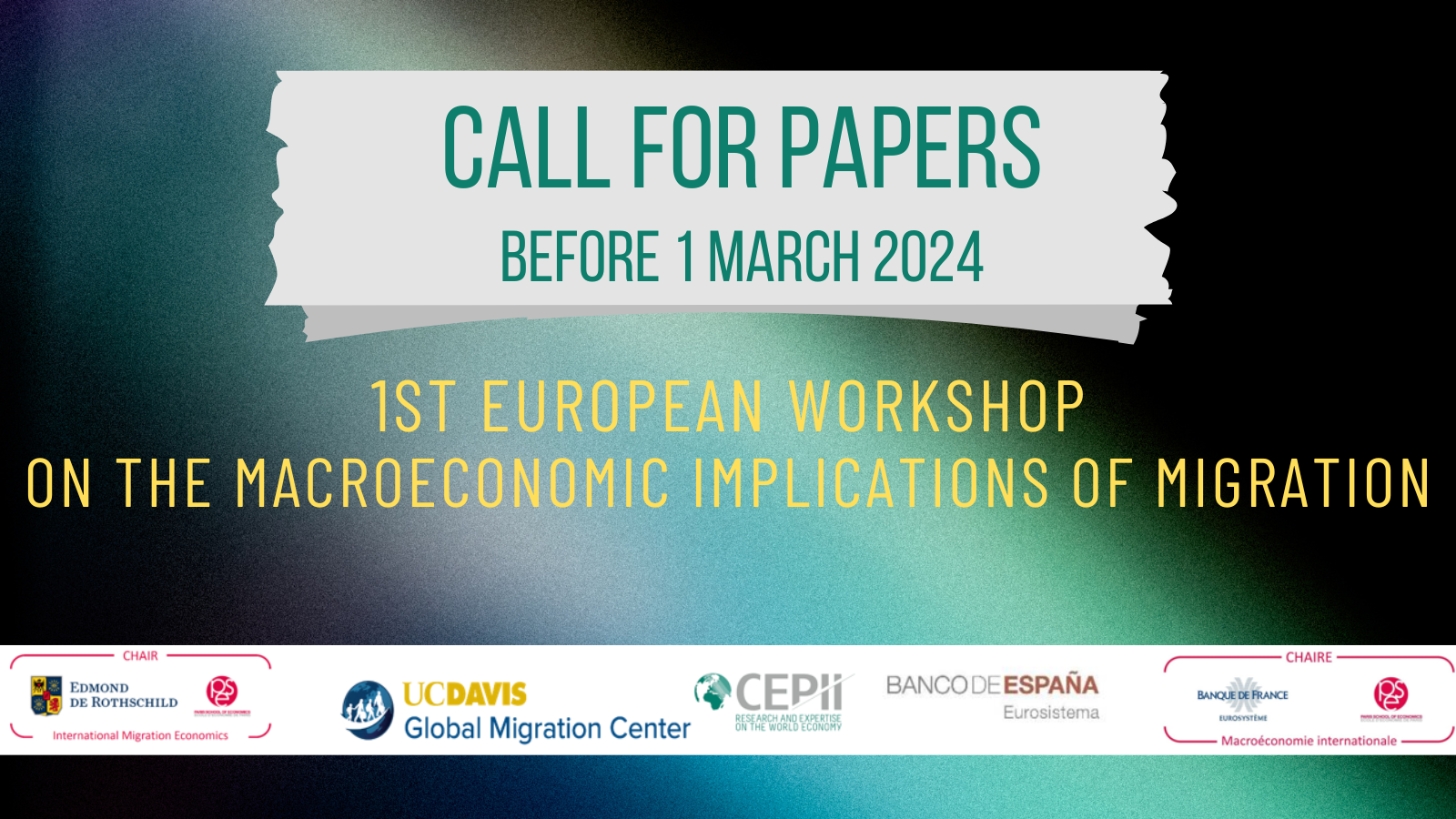Using rich administrative data, this Working paper analyses the effects of mass layoffs in the French manufacturing sector on workers, firms and local economies. While mass layoffs entail costs for displaced workers, there is a possible social benefit if they result in productive reallocation of workers to the most innovative companies and in the creation of new firms. However, that is not what they find: the businesses that hire displaced workers exhibit lower investment rates, decreased value added and a reduced workforce, with a higher proportion of employees on fixed-term contracts. Local economies experience lower firm creation and higher unemployment: six years after the mass layoff event, the local unemployment rate remains 12% higher in comparison to unaffected regions. Axelle Arquié and Thomas Grjebine
>>> |
- Dominance on World Markets: the China Conundrum
Sébastien Jean, Ariell Reshef, Gianluca Santoni, Vincent Vicard
- Are Mass Layoffs Individually Costly But Socially Beneficial?
Axelle Arquié, Thomas Grjebine - Pioneering a new classification: a comprehensive study of healthcare products in global trade
Pierre Cotterlaz, Guillaume Gaulier, Aude Sztulman, Deniz Ünal - Media Coverage of Immigration and the Polarization of Attitudes
Sarah Schneider-Strawczynski, Jérôme Valette
Open Call for Papers before 15 April 2024: Special Issue on “Immigration in OECD Countries” at Scandinavian Journal
of Economics
April 15, 2024
23rd Doctoral Meetings in Global issues related to Trade, Macroeconomics, Migration, Taxation/ Environmental economics/ Urban Economics
April 25 - 26, 2024
The CEPII research seminar : The Who, What, When, and How of Industrial Policy - A Text-Based Approach
March 21, 2024
The CEPII's Workshop "International Macroeconomics and Finance"
June 12 - 13, 2024
The 2nd Junior Workshop on The Economics of Migration
June 25 - 26, 2024
The 14th Annual International Conference "Immigration in OECD countries"
December 12 - 13, 2024
Media Coverage of Immigration and the Polarization of Attitudes This Working Paper combines data on immigration coverage on French television with individual panel data from 2013 to 2017 that records respondents’ preferred TV channel and attitudes toward immigration. The analysis focuses on within-individual variations over time, addressing ideological self-selection into channels. Increased coverage of immigration polarizes attitudes, with initially moderate individuals becoming more likely to report extremely positive and negative attitudes. This polarization is mainly driven by an increase in the salience of immigration, which reactivates preexisting prejudices, rather than persuasion effects from biased news consumption. Sarah Schneider-Strawczynski and Jérôme Valette >>> |
1st European Workshop on the Macroeconomic Implications of Migration 
The first edition will take place at PSE and CEPII in Paris on June 13-14, 2024. The goal of the workshop is to promote discussion and dissemination of innovative theoretical and empirical research on the macroeconomic implications of migration. Please submit your papers before 1 March 2024. >>> |
- Contact us
- Our other sites
 |
ISSN: 1255-7072
Editorial Director : Antoine BouëtManaging Editor : Evgenia Korotkova











